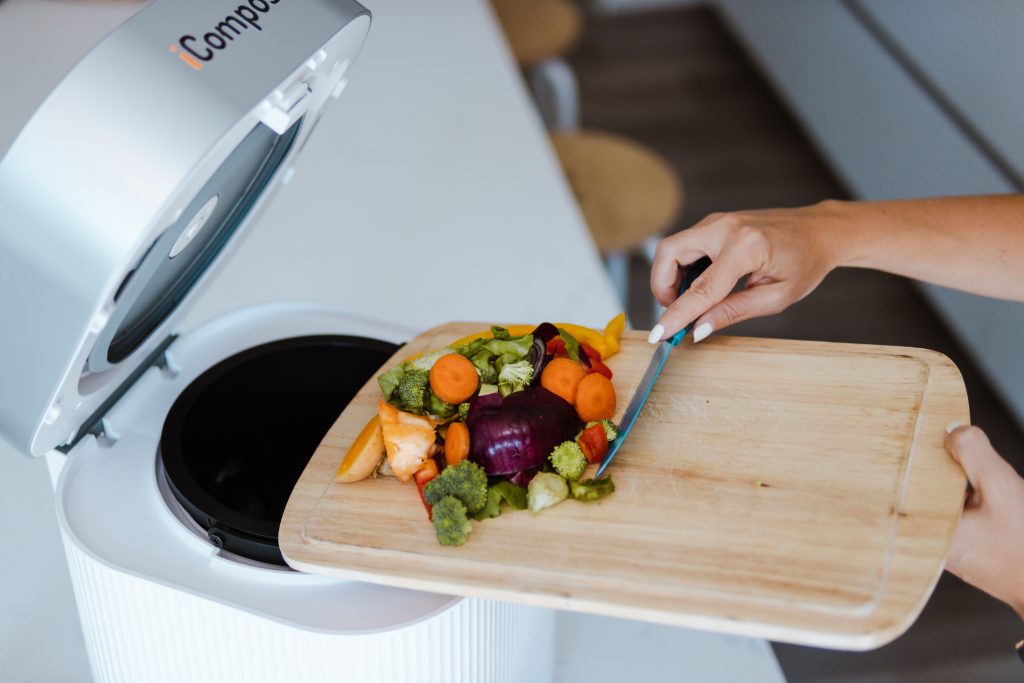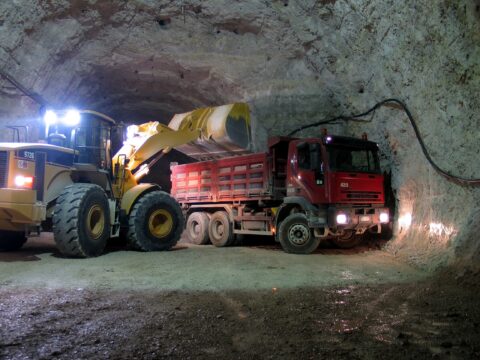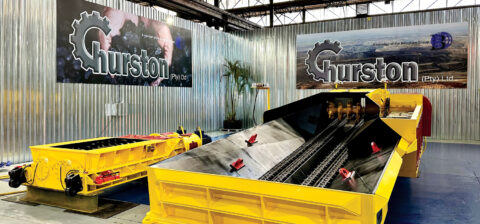Food Basket
Food Scraps – More Useful Than You Think
iCompost
The Compost Kitchen’s iCompost device uses proprietary, simple tech to turn household food waste into compost at the touch of a button. It has a small footprint, consumes very little energy, and there is no mess, smells, insects or vermin. Households add most of their food scraps to the device over the course of a day or two to fill its two-litre bin, add a compost activating sachet, press “start” and, overnight, they’ll have a dry, natural and nutrient-rich soil amendment for plants, lawns and gardens.
“Although traditional systems like a compost heap in the garden can be ‘free’ to do, it hasn’t become a mainstream activity because the issues people experience put them off continuing it,” says Himkaar Singh, chief compost officer. “iCompost can do the composting without odour, mess, flies and can be used in small spaces like apartments.
“We need to use technology to make composting as convenient as possible for it to be taken up in every home.”
Bokashi bins
Bokashi bins are gaining plenty of traction in South Africa as a convenient household organic waste recycling solution because Bokashi is probably the simplest, least labour-intensive way of composting household food waste, according to Earth Probiotic founder and CEO Karen Heron. “You simply collect your food waste over the day, throw it in your Earth Bokashi bin, sprinkle a handful of Earth Bokashi on top and close the bin. You repeat this until the bin is full. Once full, you leave it to complete fermentation and then you can add it to a compost heap, trench or bury it in your soil or feed it to a worm farm,” she says.
Heron says that when food is grown, it takes up nutrients from the soil – so when it’s recycled back into soil via a Bokashi system, consumers are effectively adding wonderful nutrients back to their soil. “Healthy soil, at its most basic, needs organic matter, beneficial microbes and fungi and good nutrients. We need to think of soil as a living system. Feeding the system keeps it healthy and alive,” she says.
Nambu
Nambu is a South African insect protein company that helps turn home and commercial volumes of organic waste into food for pets and livestock with the help of the larvae of the Black Soldier Fly.
The organic waste from a kitchen is put into one of their “grow kits” to create a substrate, which provides the perfect habitat and source of nutrients for the Black Soldier Fly larvae. Once the larvae have reached maturity, they are sieved out of the substrate. Some are allowed to mature into adults and reproduce to populate the next generation, while others are either sold as live feedstock for cattle or easily processed into a protein feed for pets. The substrate is harvested for use as a high-value soil amendment or combined with additional organic matter to create rich compost.
On a household scale, Nambu founder and CEO Lowell Scarr says the “grow kits” require minimal assembly and aid progression from larvae to flies – which produce more larvae – in less than a month given the right breeding conditions. “The process quickly becomes continuous, with the availability of household food scraps and the right breeding conditions delivering protein-rich food,” he says.
“Pet fish harvest can be fed the smaller larvae, which are easily separated from the substrate with something as basic as a kitchen sieve,” says Scarr. “They can be fed as live larvae or dried with a microwave oven for storage. The dried larvae can also be ground into meal with a domestic coffee grinder and then used to supplement the diets of other pets.”





